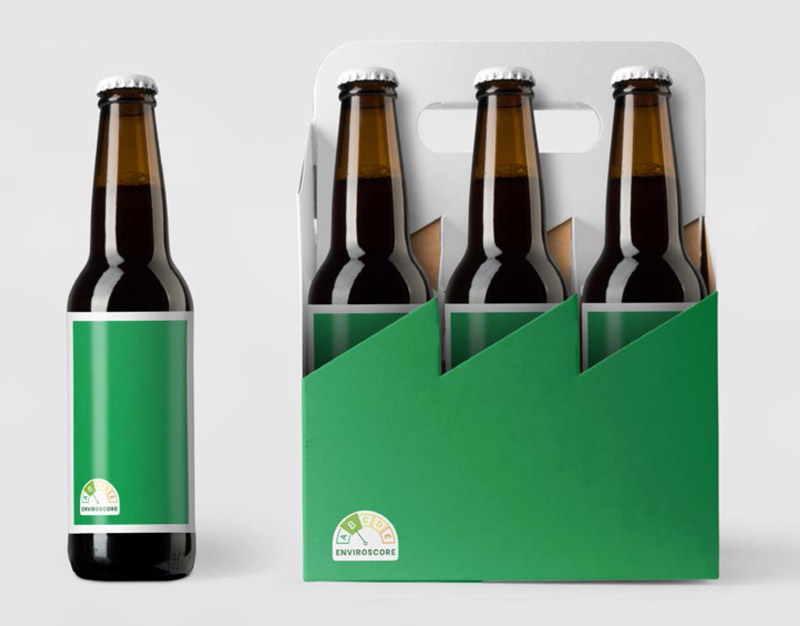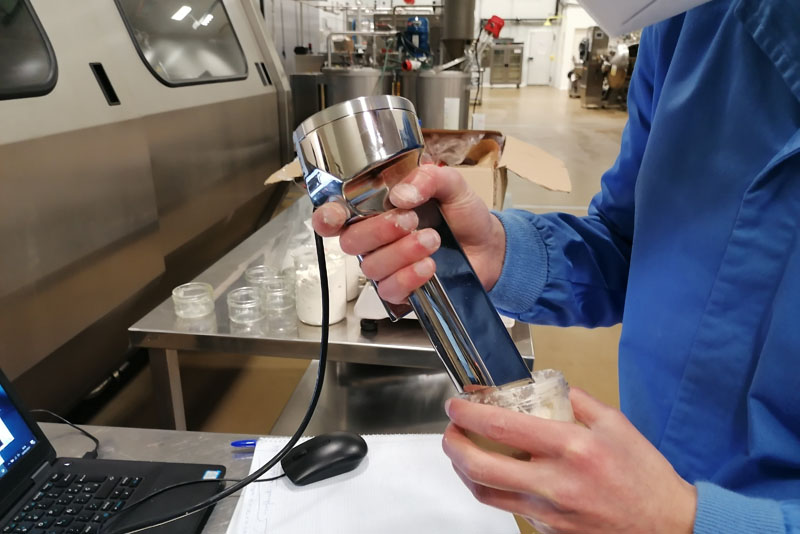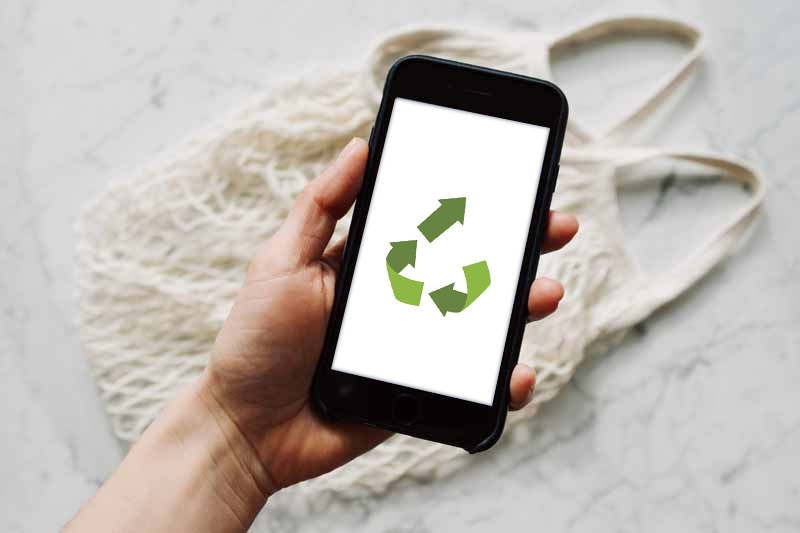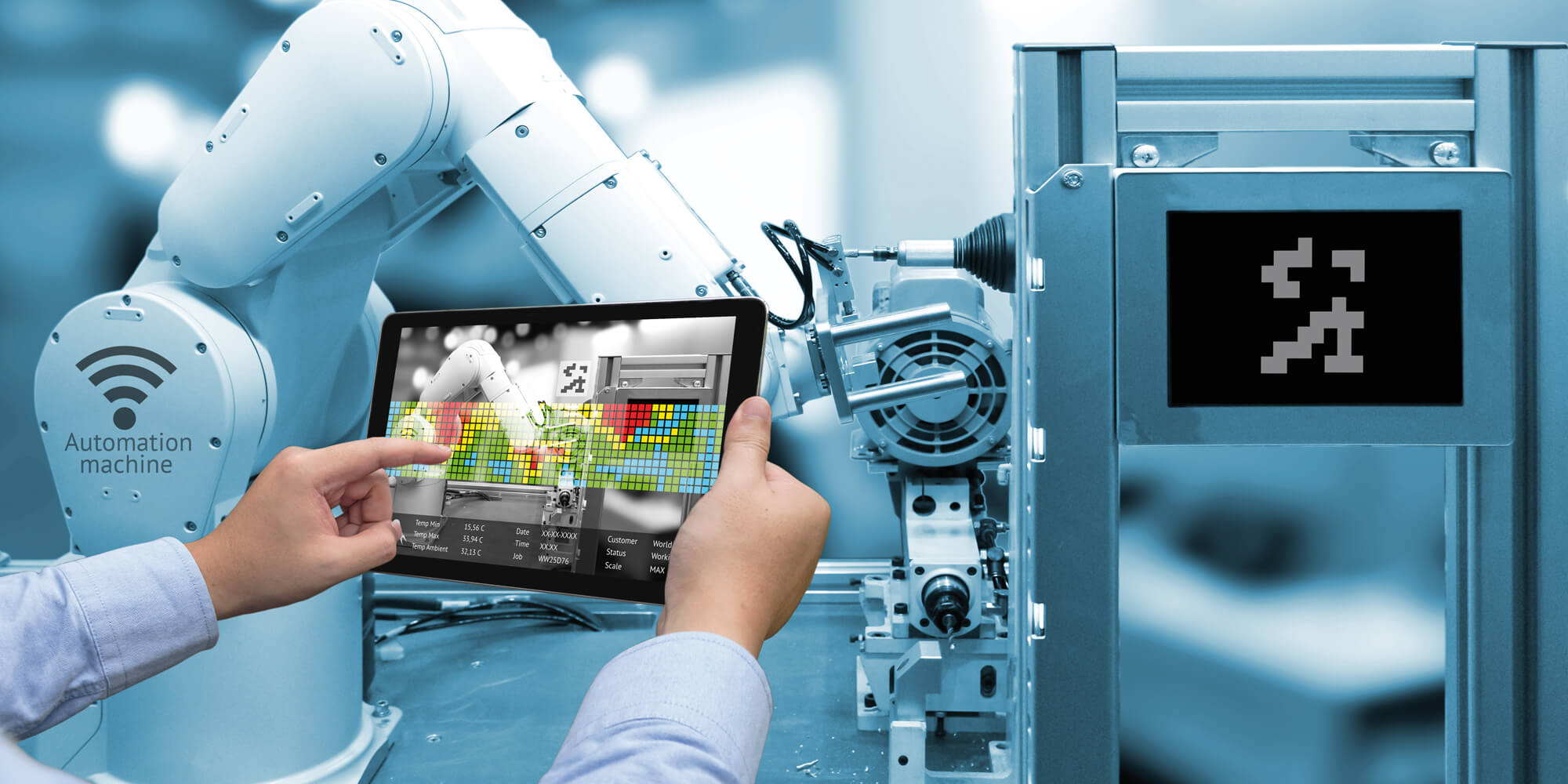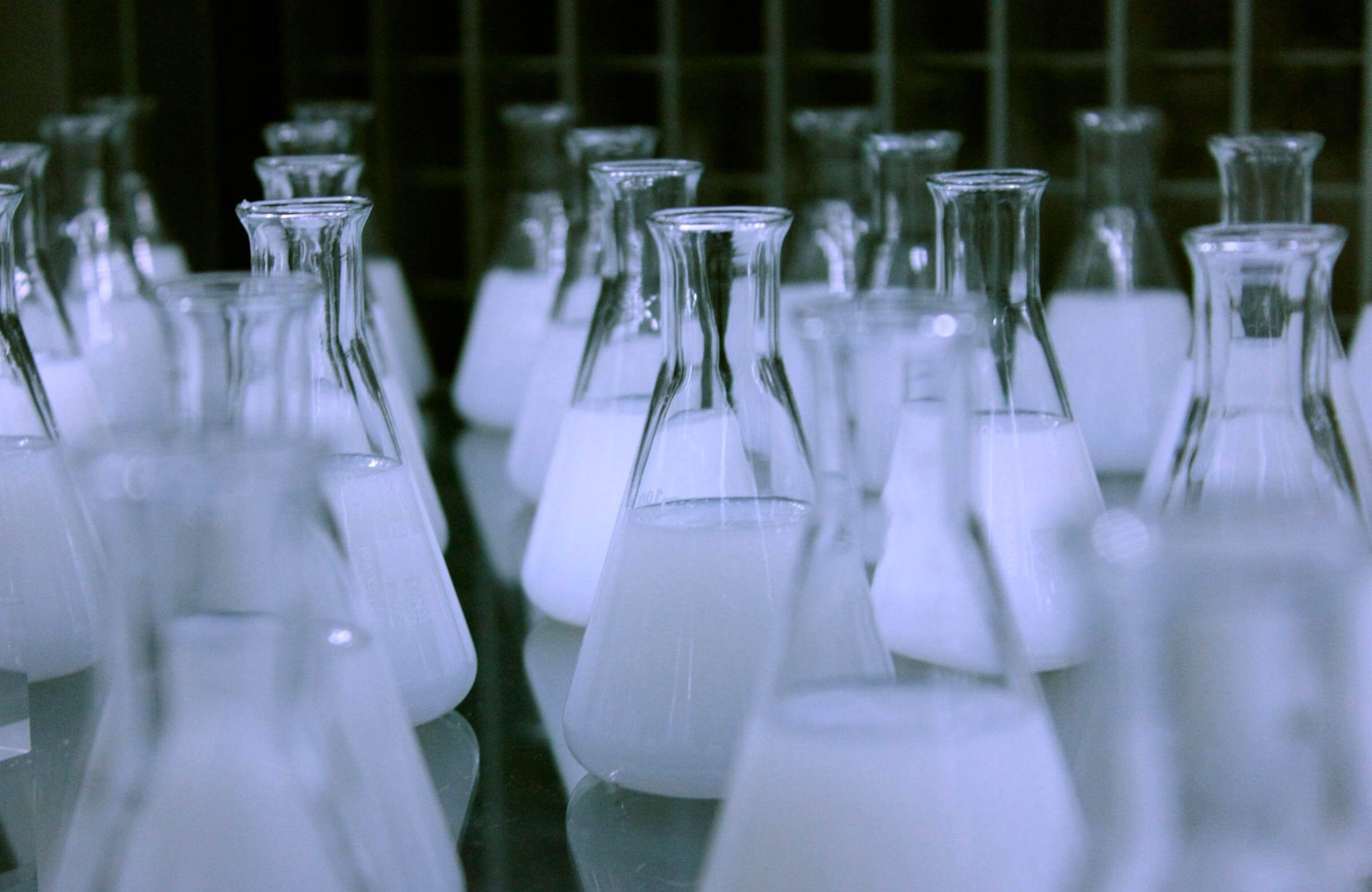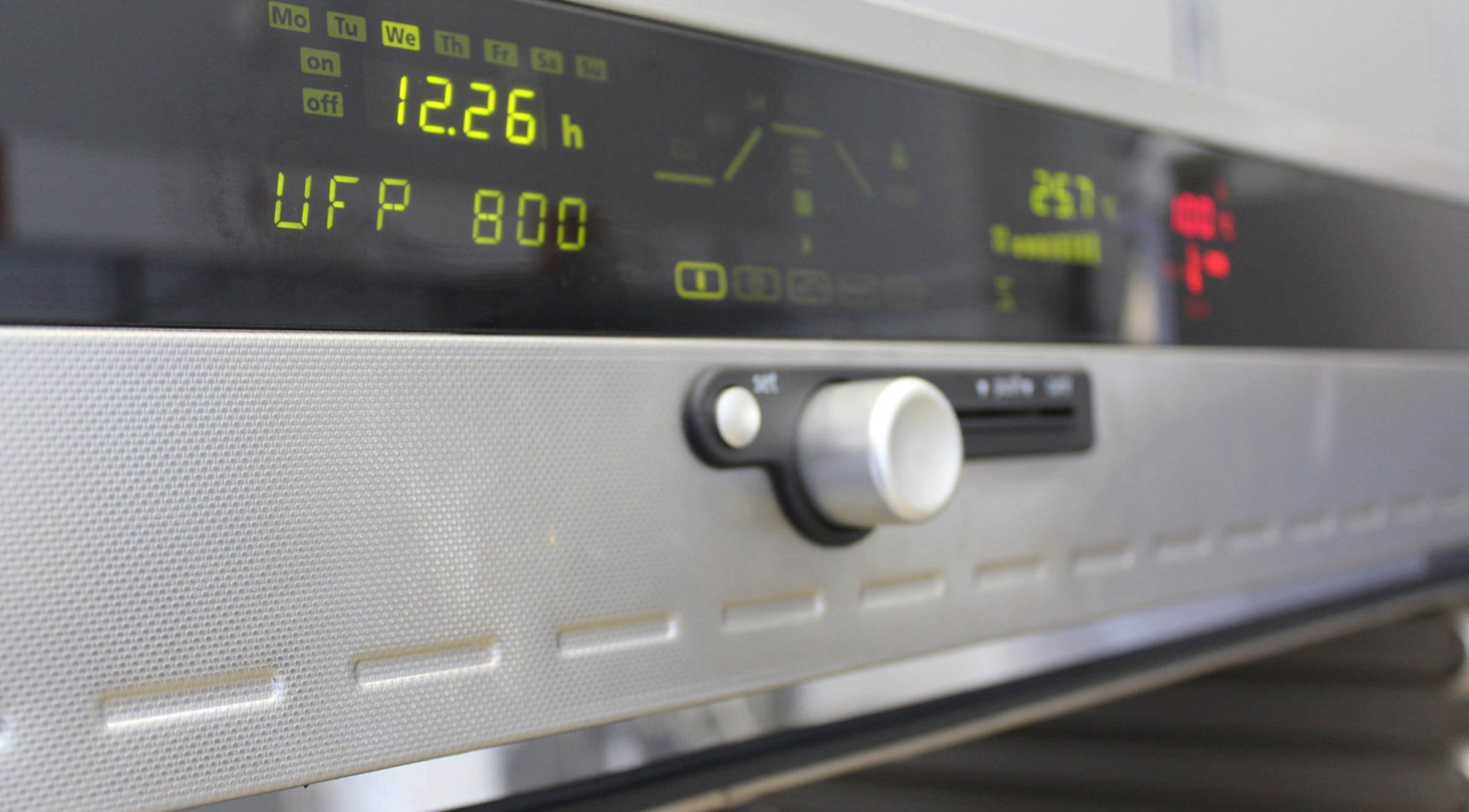Marine litter. Integrated circular economy solutions
We innovate in product design to avoid waste generation as much as possible and work towards cleaner seas by recovering some materials and converting them back into raw materials.
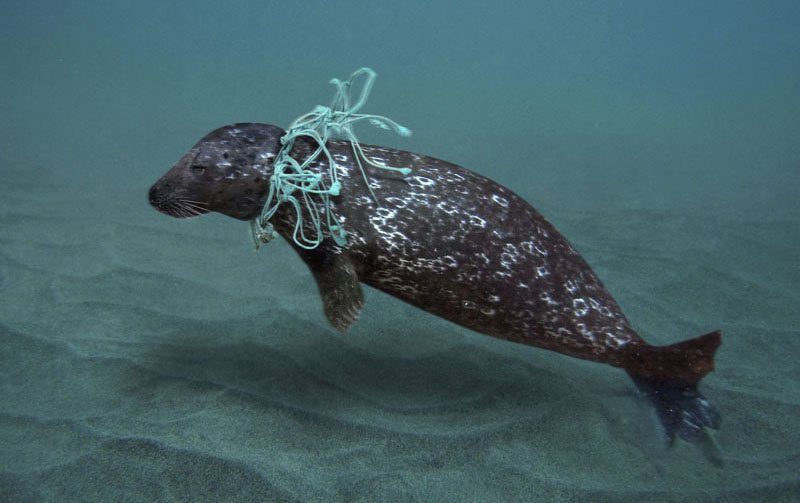
We innovate in product design to avoid waste generation as much as possible and we work to achieve cleaner seas, recovering some materials and converting them back into raw materials.
At AZTI we have the knowledge to seek sustainable alternatives that allow:
- For companies: to develop sustainable and circular business models; to anticipate and comply with legislation in relation to marine litter; to improve their international positioning.
- For administrations: to improve the quality of ecosystem services; to predict the upwelling of waste; to have and access to technological tools adapted to the territory that support the agents involved in the management of marine litter; to make more informed decisions.
Our interdisciplinary team works to prevent and mitigate marine litter throughout the value chain. We apply theoretical-practical approaches from different disciplines, adapting to the territory and the needs of the managers.
Services we offer
- Operational system:
- Distribution of marine litter in the sea and coasts.
- Prediction of the distribution and origin of microplastics and macro-floating debris in the Bay of Biscay using ocean-meteorological models and coastal observation systems.
- Study of the convergence and accumulation zones (“hotspots”) of floating marine litter (“Litter windrows”) in the coastal marine environment.
- Distribution of marine litter in the sea and coasts.
- Marine litter in rivers
- Monitoring of floating litter in river waters by means of videometry systems that anticipate the arrival of litter on shore. (“LitterEye”)
- Sources of marine litter
- Characterisation and quantification of marine litter from fisheries and identification of the fishing fleets or typologies that contribute most to the generation of marine litter from fisheries.
- Estimation of the abundance and composition of marine litter using standardised sampling methodologies.
- Assessment of the origins of floating macro-waste through characterisation protocols adapted and harmonised with European directives, both in the water surface of river environments and in the marine environment.
- Intelligent management systems
- Development of an integrated management system for marine litter together with local actors.
- Abundances of marine litter and microplastics:
- Micro and macroplastics in the water column and biota.
- Conducting oceanographic campaigns to estimate the abundance of microplastics in waters and biota.
- Micro and macroplastics in the water column and biota.
- Circular economy:
- Economics and business models:
- Assessing the economic impact of marine litter on the Blue Economy.
- Development of technologies for the mitigation of marine litter.
- Sustainability assessment of technologies and measures to prevent and mitigate marine litter (environmental assessment – LCA, socio-economic assessment).
- Development of circular models for fishing gear
- Ecodesigns of fishing and aquaculture gear and products
- Eco-design of fishing gear and aquaculture products
- Ecodesign of fishery and aquaculture products
- Incorporation of the role of consumers
- Acceptance of products with a smaller plastic footprint: consumers
- Economics and business models:
- Sources of marine litter:
- Leisure and tourism
- Study of the behaviour of the tourism sector in relation to marine litter and the effect of marine litter on the sector.
- Fisheries and ports:
- Development of solutions to minimise the generation of marine litter from fishing/aquaculture through the development of sustainable materials and technologies (biodegradable, reusable, recyclable, …).
- Improvement of fisheries waste management in ports.
- Marine literacy:
- Development of marine literacy material related to marine litter.
- Marine literacy actions in the fisheries sector
- Leisure and tourism
Multidisciplinary team
AZTI’s Marine Litter team is made up of a multidisciplinary team of oceanographers, economists, environmentalists, biologists, chemists, sociologists and engineers, who seek to provide solutions to the problem of marine litter from a holistic point of view.
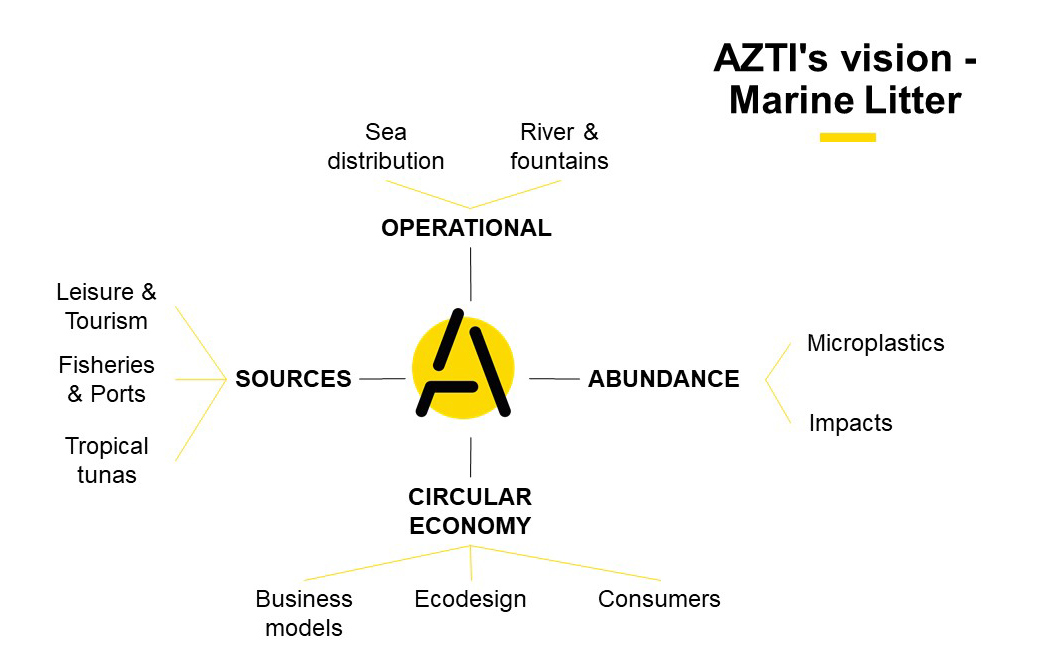
Application sectors
- Administrations: City Councils, Provincial Councils, Regional (GV) and State Governments (Spain), EU, International.
- Fishing and aquaculture industry and its auxiliary industry (nets manufacturers, net makers, net net netters, gear suppliers)
- Fishing gear recyclers
- Recreational fisheries
- Ports
- Society in general (Marine literacy)
- Tourism
- Ocean-dependent businesses
- Water Consortia
- Textile sector
Successful stories
- Microplastic and marine litter abundance maps of the Bay of Biscay, which have enabled us to define the areas where litter accumulates on our coastline and, therefore, the institutions can design and adapt the most efficient mechanisms for collecting it.
- Videometric system for monitoring floating rubbish in river mouths, which, in addition to monitoring, allows the administrations to have control over the rubbish transported by river to the sea and to evaluate the effectiveness of prevention and control measures applied upstream.
- LEMA Tool: an intelligent decision tool for coastal marine litter. This tool provides daily guidelines to administrations for the efficient collection of marine litter. The guidelines include, in addition to predictions of potential areas of floating marine litter accumulation on the coastline, an interface where the user can report daily activity related to marine litter collection and plot historical activity. In addition, the tool is used to visualise the data provided by the videometry systems, such as the continuous and real-time estimation of the flow of floating marine litter at the mouth of the Orio and Adour rivers. The tool is currently operational for the coastal area of the SE of the Bay of Biscay (coastline of the Pyrénées-Atlantiques region of France and the coastline of Gipuzkoa)
- Fishing for Litter in the Basque Country: in collaboration with different local agents, the Fishing for Litter initiative has been established in the Basque Country where fishing vessels bring the marine litter caught in their fishing gear to port, where it is then properly managed.
- Biodegradable fishing gear: New fishing gear designs with biodegradable and compostable materials have been developed for the tuna freezer sector to help them move towards more sustainable fishing. These include Fish Aggregating Devices (FADs) and specific components such as skittles.
- Gear made from recycled material: longlines for mussel farming have been made from recycled plastic (polyolefins and polyamides) from locally discarded fishing nets in order to promote the local circular economy and the creation of new circular products.
Related projects
AZTI has carried out several projects related to this service. If you want to know more about them, click here aquí
